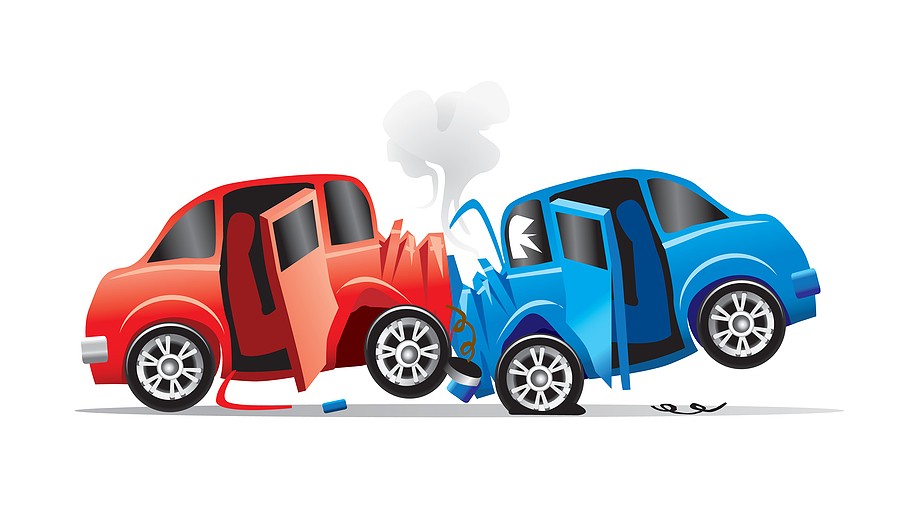
How do you release a car after an accident from police in Indore?
How do you release a car after an accident from police in Indore?
Releasing a car after an accident from the police in Indore, India, involves following specific procedures set by local authorities. Please note that the process may vary, and it’s essential to contact the relevant authorities for accurate information. Here’s a general guide:
- Report the Accident:
Immediately report the accident to the police by calling the emergency number or visiting the nearest police station. Provide accurate details about the incident. - Police Investigation:
The police will conduct an investigation, gather evidence, and create an accident report. This report is crucial for the subsequent process of releasing the vehicle. - Determine Vehicle Impoundment:
If the accident is severe or involves legal complications, the police may arrange for the towing and impoundment of the vehicles. The impoundment is often done to preserve evidence or ensure the vehicles’ safekeeping. - Retrieve Accident Report:
Obtain a copy of the accident report from the police station where the incident was reported. This report contains vital information about the accident, including details about the vehicles, drivers, and the circumstances of the incident. - Identify the Impound Lot:
Contact the police department to identify the impound lot where your vehicle is held. Get information on the location, operating hours, and any specific requirements for releasing impounded vehicles. - Gather Necessary Documents:
Collect all required documents for the release of the vehicle. This may include your driver’s license, vehicle registration, insurance information, and a copy of the accident report. If the vehicle is registered to someone else, they may need to be present or provide authorization. - Payment of Fees:
Inquire about the fees associated with towing and impoundment. Ensure that all outstanding fines or fees are settled before attempting to release the vehicle. Payment methods accepted by the impound lot should be clarified. - Inspection of the Vehicle:
Before releasing the vehicle, inspect it for damages. Note any pre-existing damage and ensure that it is accurately documented. This can be crucial for insurance claims and legal purposes. - Complete Release Forms:
Fill out any necessary release forms provided by the police or impound lot. These forms may include a release authorization and an acknowledgment of the condition of the vehicle. - Authorize a Representative (if needed):
If you are unable to personally retrieve the vehicle, check with the police department regarding the process of authorizing a representative to do so on your behalf. This may involve providing a notarized letter of authorization. - Present at the Impound Lot:
Visit the designated impound lot during their operating hours. Bring all required documents, including identification, the accident report, and proof of fee payment. Be prepared to follow the instructions provided by the impound lot staff. - Vehicle Release Process:
Follow the impound lot staff’s instructions, who will verify your documents, inspect the vehicle, and guide you through the release process. Once all requirements are met, the vehicle will be released to you. - Update Insurance and Registration:
If the vehicle was damaged in the accident, update your insurance company and the vehicle registration with the relevant information. This is essential for future claims and legal compliance.
Remember to seek information directly from the authorities involved, such as the police department and the impound lot, to ensure accurate and up-to-date guidance on releasing a car after an accident in Indore, India. If in doubt, consider consulting with legal counsel to navigate any legal complexities in the process.
Disclaimer: This information is intended for general guidance only and does not constitute legal advice. Please consult with a qualified lawyer for personalized advice specific to your situation.
Adcocate J.S. Rohilla (Civil & Criminal Lawyer in Indore)
Contact: 88271 22304
